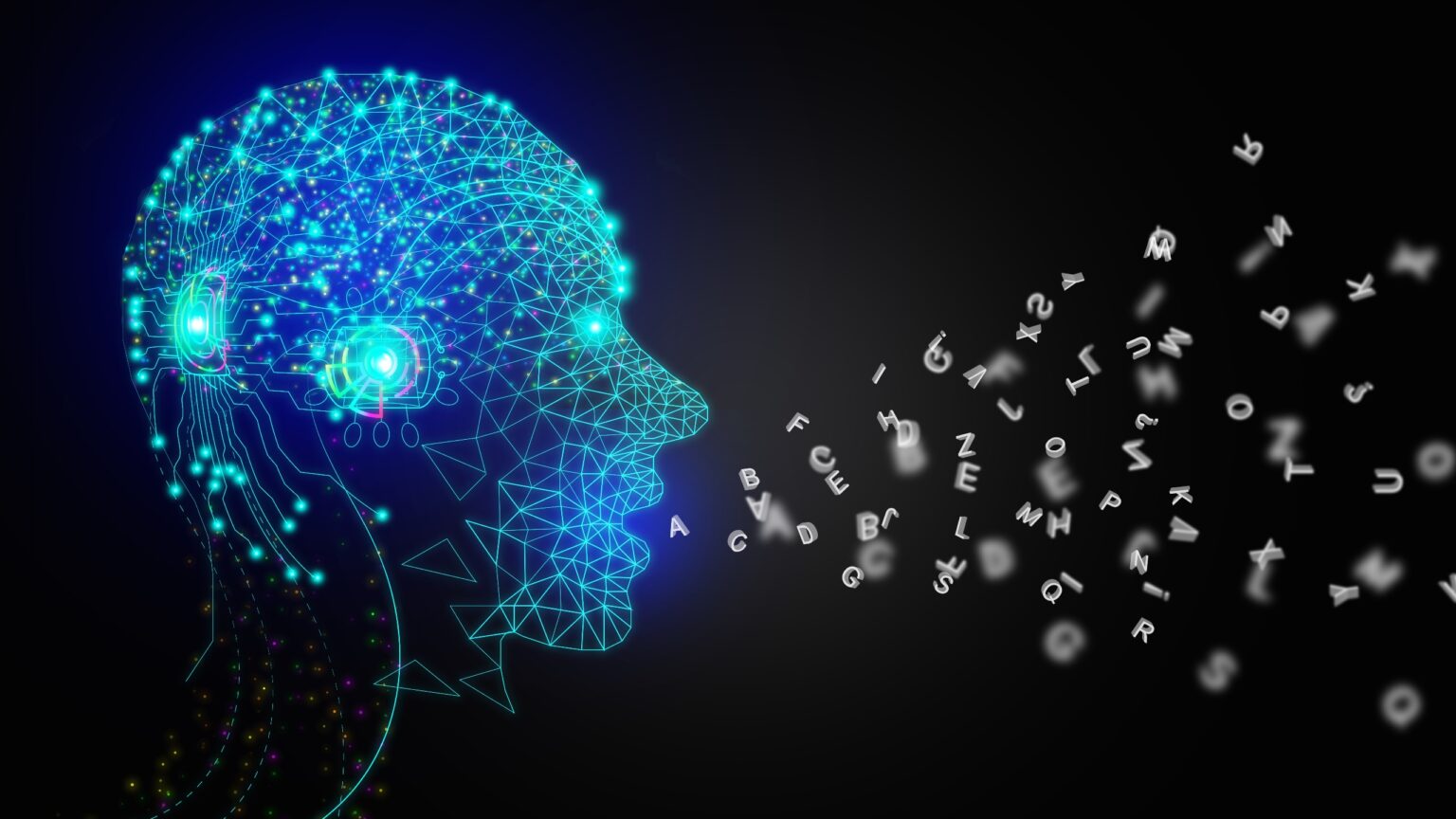A German study with 120 participants examined how dialects affect trust in AI robots, comparing perceptions of standard German vs. Berlin dialect.
Social robots are programmed to interact with human beings, and they have various voices and accents. Some studies have been made on preferences for robot dialects, and they are divided.
Also read: AI Developer Jason Rohrer Disputes ‘Eternal You’ Documentary’s Portrayal of Chatbot
Some of the studies suggest that users prefer robots to speak in their own dialect, while others indicate a preference for diverse dialects. Understanding these differences will be vital for enhancing the user experience as the adoption of robots is on the rise.
However, a study was conducted by the University of Potsdam. The study involved about 120 residents from Berlin and Brandenburg in an online survey, and it explored how dialects affect robot acceptance.
The University of Potsdam research
Scientists recruited about 120 people living in Berlin or Brandenburg to take an online survey to test the impact of dialect use on robot acceptance. The scientists asked the participants to watch videos where a robot used a male human voice to speak in either standard German or the Berlin dialect. This was considered working-class and used by the media to give an informal, friendly impression.
Additionally, the scientists asked the participants to rate the robot’s trustworthiness and competence. Participants were also requested to fill out a demographic questionnaire, including age, gender, how long they’d lived in Berlin, how well they spoke the Berlin dialect, and how often they used it. The survey automatically recorded the type of device that participants used to view the videos, whether it was a phone, a tablet, or a computer.
Speaking In A Local Accent Might Make Social Robots Seem More Trustworthy And Competent, Say—This article has been reviewed according to Science X's editorial process and policies . #news https://t.co/BvYKgc4ZJo… pic.twitter.com/yWFf0tYMlL
— Spec (@sptechi) January 29, 2024
The lead author of the research speaks
According to Katharina Kühne of the University of Potsdam, lead author of the study in Frontiers in Robotics and AI, people have mixed feelings about robots speaking in a dialect. Some like it, while others don’t. She continued by saying that this made them think that maybe it was not the robot but also the people involved in the research that shaped these preferences.
Several factors can influence people’s comfort levels with social robots. Additionally, these robots are at their best when they appear more trustworthy with a human-like speaking voice. Whether that voice uses a dialect or a standard form of language can impact the perception of its trustworthiness. However, the use of standard language is seen as more intelligent, but speaking in a dialect is generally considered friendly and can be more comforting.
"Ick bin een Berlina, Says the Robot" https://t.co/Kc03vuKFfb Dialect proficiency "impacts a robot’s trustworthiness and competence evaluation" #Roboethics #AI #Ethics pic.twitter.com/SUM501yPjH
— Robophilosophy (@robophilosopher) January 29, 2024
Kühne continued by saying they should imagine a robot that can switch to a dialect. She asked for what’s more critical in their interaction with the robot: the feeling of a connection or perceiving it as competent.
Speaking the same language
According to the study, there was a relationship between trustworthiness and competence, with higher perceived competence predicting higher perceived trustworthiness.
Generally, the participants preferred a robot that spoke standard German. Also, participants who were more comfortable with the Berlin dialect preferred the robot-speaking dialect.
Kühne said that if a person is good at speaking a dialect, the person is more likely to trust a robot that talks the same way. She continued by saying that it seems more people trust the robot because they find a similarity.
Participants who used a phone or tablet instead of a computer to watch the videos also tended to give lower ratings to the robot speaking standard German.
According to the scientists, this may be because small, portable devices meant the respondents had more distractions from the videos and a higher cognitive load; therefore, the trust signal of the standard German had less of an impact.
Kühne also said they’re planning to conduct more studies in real-life situations, as context matters a lot in conversations.









 and then
and then